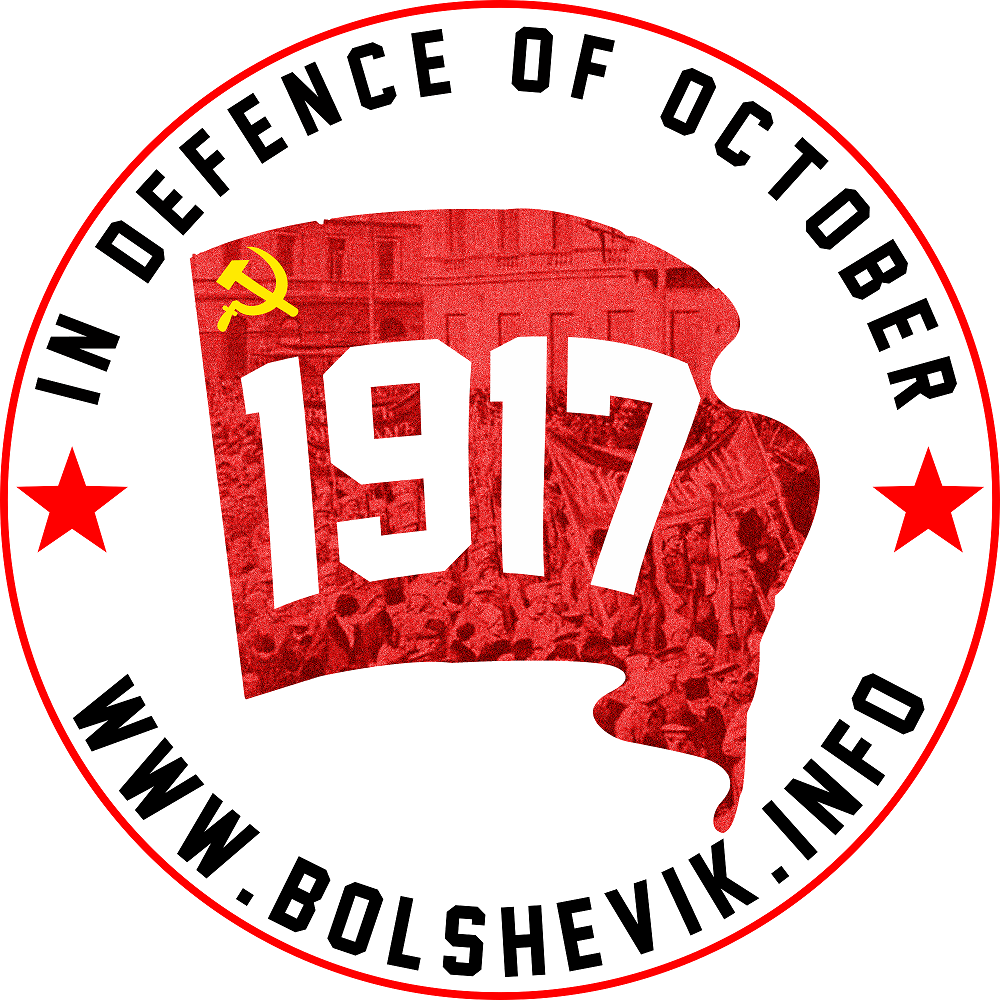III
It is obvious that if in a peasant country, after seven months of a democratic republic, matters could come to a peasant revolt, it irrefutably proves that the revolution is suffering nation-wide collapse, that it is experiencing a crisis of unprecedented severity, and that the forces of counter-revolution have gone the limit.
That is obvious. In the face of such a fact as a peasant revolt all other political symptoms, even were they to contradict the fact that a nation-wide crisis is maturing, would have no significance whatsoever.
But on the contrary, all the symptoms do indicate that a nation-wide crisis has matured.
Next to the agrarian question, the most important question in Russia's state affairs is the national question, particularly for the petty-bourgeois masses of the population. And at the "Democratic" Conference, which was fixed by Mr. Tsereteli and Co., we find that the "national" curia takes second place for radicalism, yielding only to the trade unions, and exceeding the curia of the Soviets of Workers' and Soldiers' Deputies in the percentage of votes cast against the coalition (40 out of 55). The Kerensky government—a government suppressing the peasant revolt—is withdrawing the revolutionary troops from Finland in order to strengthen the reactionary Finnish bourgeoisie. In the Ukraine, the conflicts of the Ukrainians in general, and of the Ukrainian troops in particular, with the government are becoming more and more frequent.
Furthermore, let us take the army, which in war-time plays an exceptionally big role in all state affairs. We find that the army in Finland and the fleet in the Baltic have completely parted ways with the government. We have the testimony of the officer Dubasov, a non-Bolshevik, who speaks in the name of the whole front and declares in a manner more revolutionary than that of any Bolsheviks that the soldiers will not fight any longer.[3] We have governmental reports stating that the soldiers are in a state of "agitation" and that it is impossible to guarantee the maintenance of "order" (i.e., participation of these troops in the suppression of the peasant revolt). We have, finally, the voting in Moscow, where fourteen thousand out of seventeen thousand soldiers voted for the Bolsheviks.
This vote in the elections to the district councils in Moscow is in general one of the most striking symptoms of the profound change which has taken place in the mood of the whole nation. It is generally known that Moscow is more petty-bourgeois than Petrograd. It is a fact frequently corroborated and indisputable that the Moscow proletariat has an incomparably greater number of connections with the countryside, that it has greater sympathy for the peasant and is closer to the sentiments of the peasant.
In Moscow the vote cast for the Socialist-Revolutionaries and the Mensheviks nevertheless dropped from 70 per cent in June to 18 per cent. There can be no doubt that the petty bourgeoisie and the people have turned away from the coalition. The Cadets have increased their strength from 17 to 30 per cent, but they remain a minority, a hopeless minority, despite the fact that they have obviously been joined by the "Right" Socialist-Revolutionaries, and the "Right" Mensheviks. Russkiye Vedomosti states that the absolute number of votes cast for the Cadets fell from 67,000 to 62,000. Only the votes cast for the Bolsheviks increased—from 34,000 to 82,000. They received 47 per cent of the total vote. There can be no shadow of doubt that we, together with the Left Socialist-Revolutionaries, now have a majority in the Soviets, in the army, and in the country.
Among the symptoms that have not only a symptomatic, but also a very real significance is the fact that the armies of railway and postal employees, who are of immense importance from the general economic, political and military point of view, continue to be in sharp conflict with the government,[4] even the Menshevik defencists are dissatisfied with "their" Minister, Nikitin, and the official Socialist-Revolutionaries call Kerensky and Co. "Stolypins". Is it not clear that if such "support" of the government by the Mensheviks and Socialist-Revolutionaries has any value at all it can be only a negative value?

